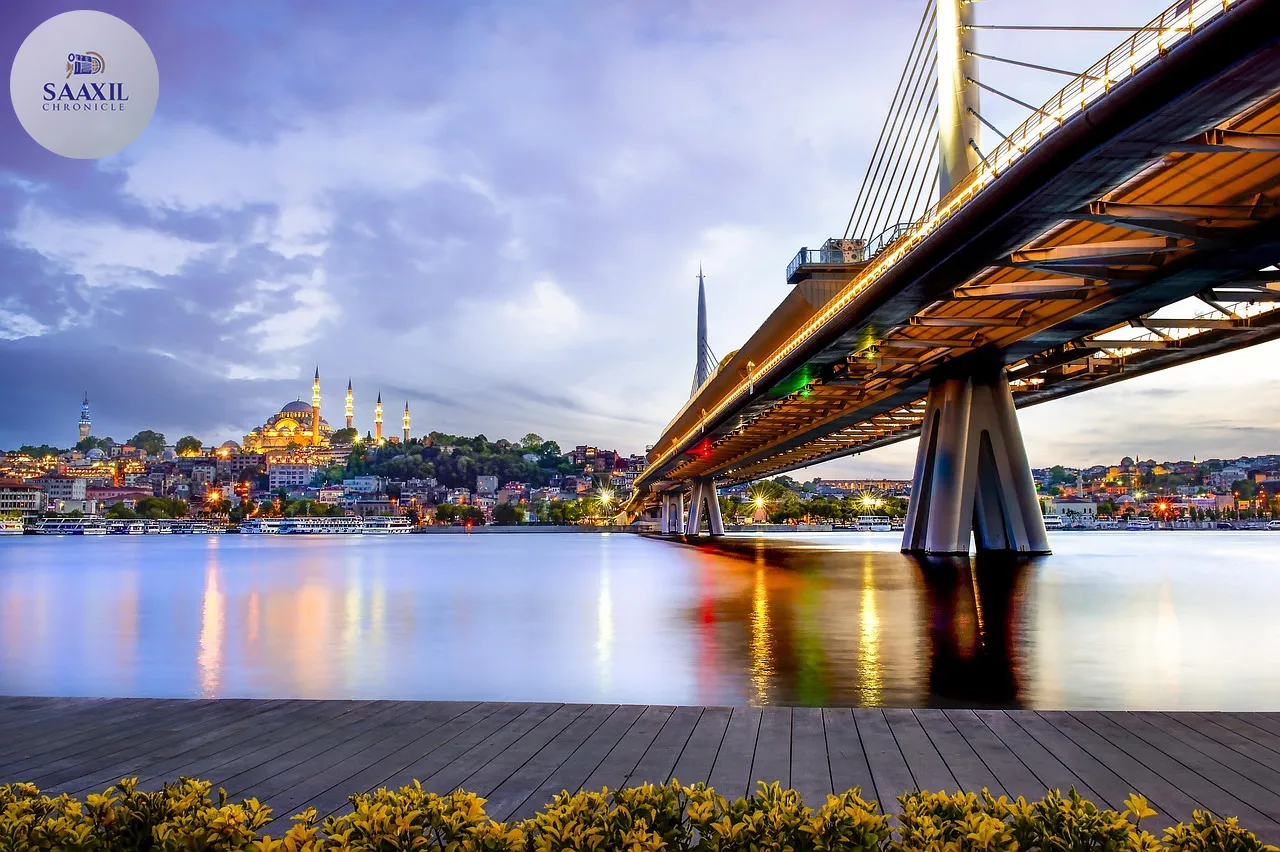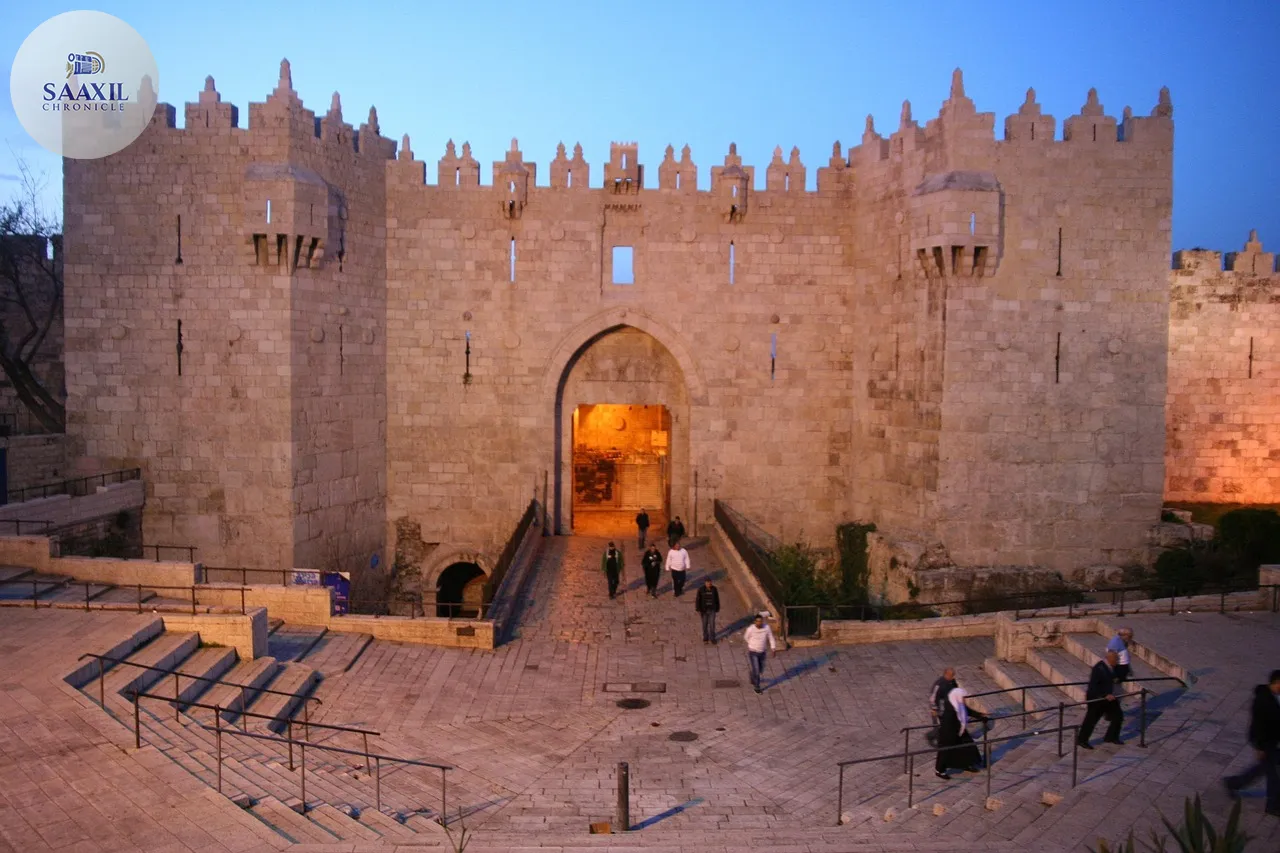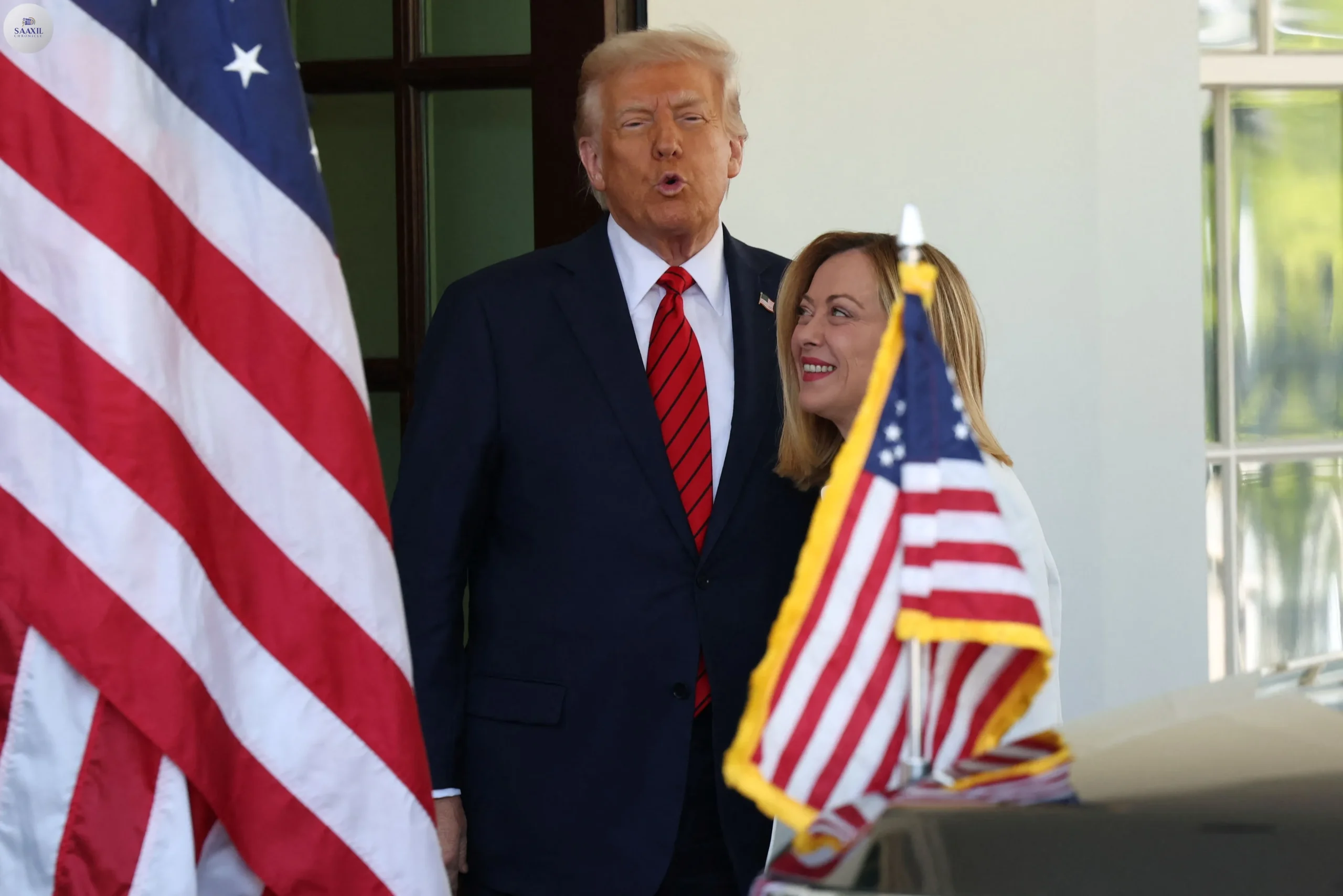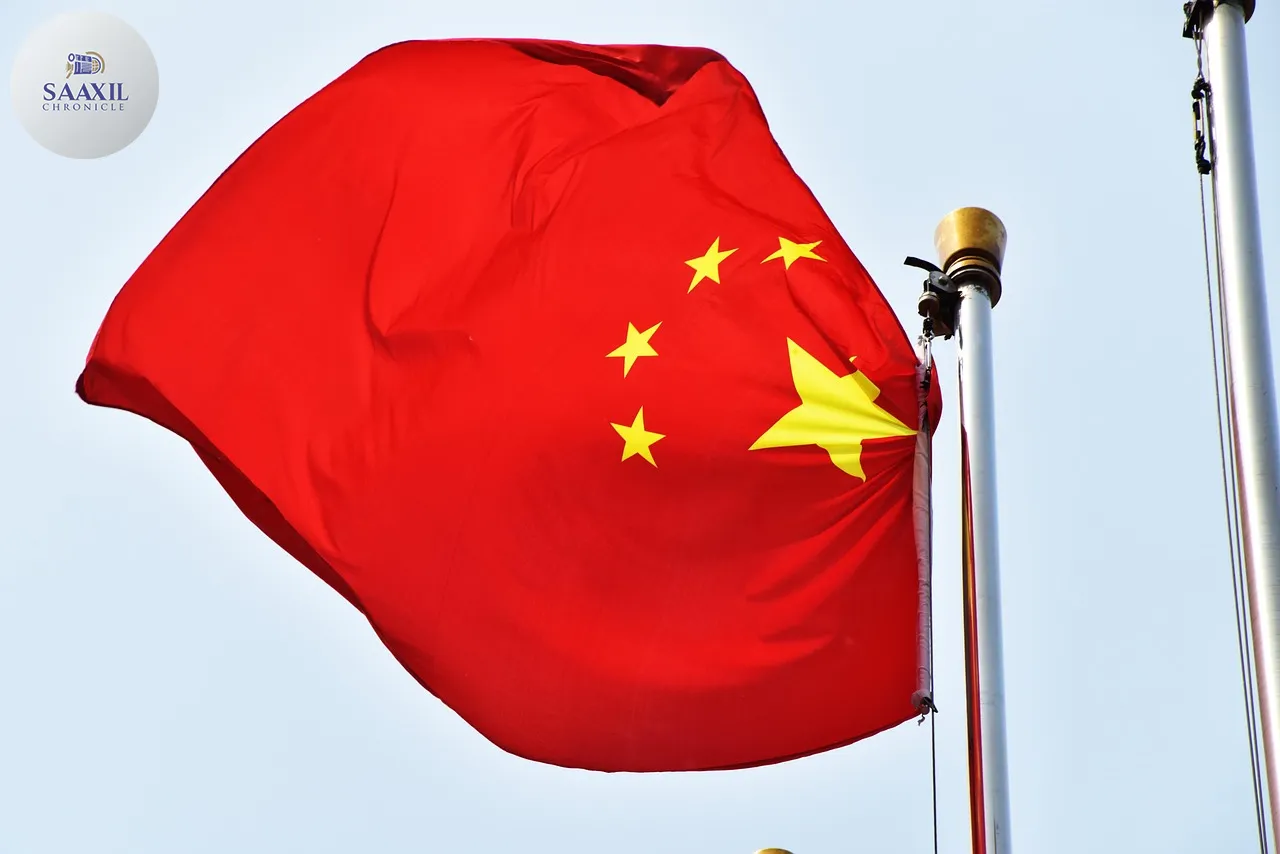The leader of Turkey’s largest opposition party, Özgür Özel, has publicly criticised British Prime Minister Keir Starmer for his silence on the arrest of Istanbul’s mayor, Ekrem ?mamo?lu. Özel, head of the Republican People’s Party (CHP), expressed disappointment in Starmer’s failure to condemn what he describes as a significant attack on democracy in Turkey. The arrest, which has stirred international concern, highlights growing fears of democratic regression in the country.
The arrest of ?mamo?lu, a prominent figure in Turkish politics, occurred amid rising tensions between the ruling government and opposition forces. Özel, speaking to The Guardian, emphasised the importance of solidarity among democratic nations and criticised Starmer for not addressing the issue, given the CHP’s historical ties with the UK’s Labour Party. This incident has added pressure on international leaders to respond to Turkey’s political climate.

Timing and Location of the Arrest
The arrest took place in Istanbul, Turkey’s largest city and a crucial political hub, on 9 April 2025. ?mamo?lu, known for his progressive policies and popularity, has been a vocal critic of President Recep Tayyip Erdo?an’s administration. His detention is part of a broader crackdown perceived by many as an attempt to stifle opposition voices ahead of the upcoming national elections.
Istanbul, often seen as a barometer for national politics, has been a focal point of political rivalry. ?mamo?lu’s arrest has drawn significant attention, with many viewing it as a strategic move to weaken the opposition’s influence in the city and beyond. The timing suggests an effort by the ruling party to consolidate power as electoral campaigns intensify.
Growing Concerns Over Democratic Backsliding
The arrest of ?mamo?lu is not an isolated incident but part of a pattern of actions that critics argue signal democratic backsliding in Turkey. Human rights organisations and international observers have raised alarms over the increasing suppression of dissent, media censorship, and judicial independence under Erdo?an’s government.
Özel expressed his concerns about these developments, urging the international community to take a firm stand. “Democracies around the world must unite to support those who are fighting for freedom and justice,” he stated. The CHP leader highlighted the importance of international solidarity in upholding democratic principles, especially from nations like the UK, which has historically championed human rights and democracy.
The Role of International Leaders
Özel’s comments underscore the critical role that international leaders play in influencing global politics. The silence from prominent figures like Starmer has sparked debate about the responsibilities of democratic nations to address violations abroad. Analysts argue that vocal support from international allies can pressure governments to adhere to democratic norms.
The CHP leader’s call for action reflects a broader expectation that Western nations should leverage their diplomatic influence to promote democratic values. The lack of a response from Starmer has been met with disappointment by some, who see it as a missed opportunity to reaffirm the UK’s commitment to human rights.
Potential Impacts on UK-Turkey Relations
The controversy surrounding ?mamo?lu’s arrest and the subsequent criticism of Starmer could have implications for UK-Turkey relations. Bilateral ties have historically been complex, influenced by trade interests, geopolitical considerations, and shared security concerns. However, human rights issues remain a contentious point.
Experts suggest that the UK’s response, or lack thereof, could affect its standing with Turkish opposition groups and influence future diplomatic engagements. While economic and strategic interests are paramount, the ethical dimension of foreign policy continues to be a critical factor in international relations.
Looking Forward
As Turkey approaches a pivotal election period, the international community’s response to incidents like ?mamo?lu’s arrest will be closely watched. The CHP and other opposition parties are likely to intensify their calls for international support, framing the upcoming elections as a test of Turkey’s democratic resilience.
The situation presents an opportunity for global leaders to reaffirm their commitment to democratic principles. Observers will be keen to see whether Starmer and other international figures will address the issue, potentially shaping the narrative around Turkey’s political landscape and the broader struggle for democracy worldwide.





